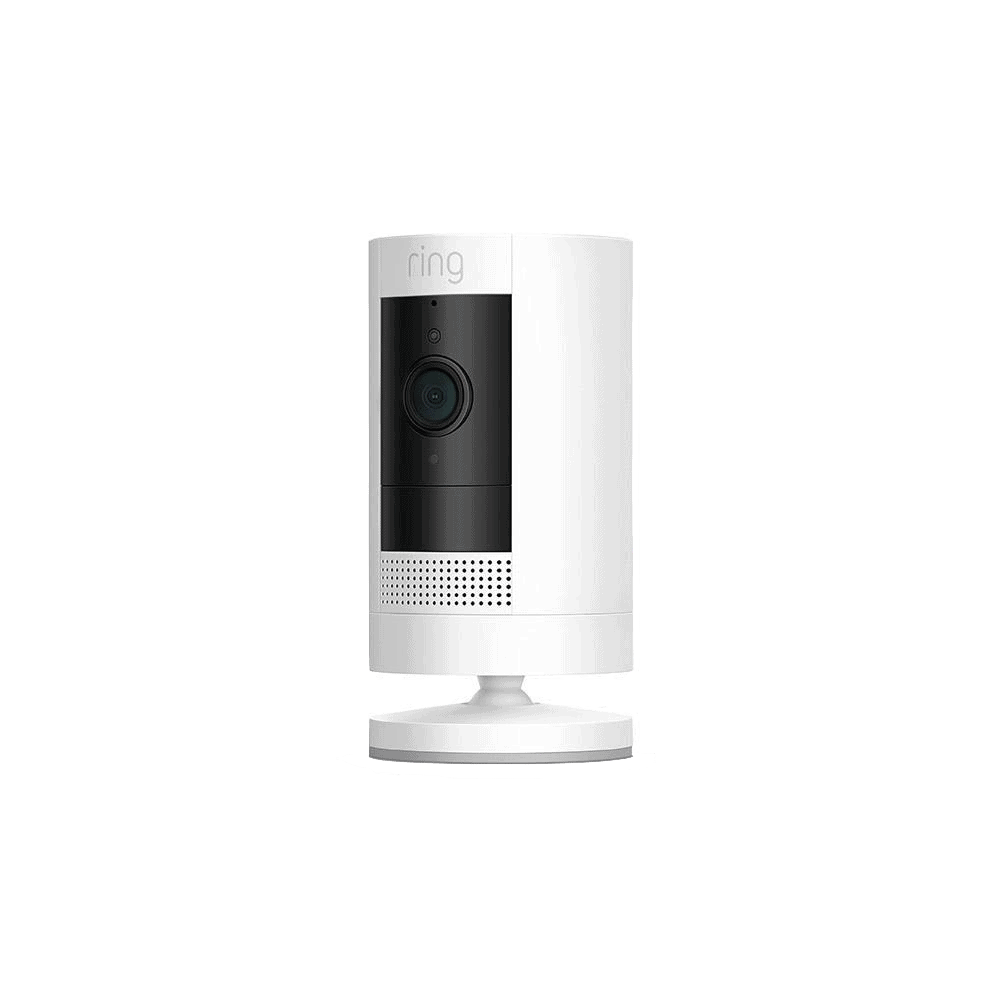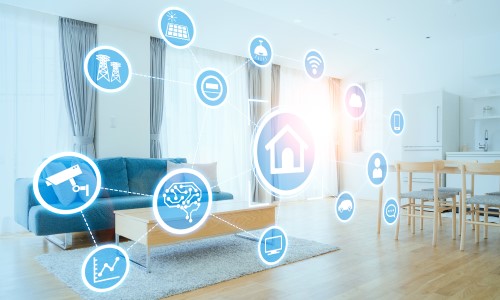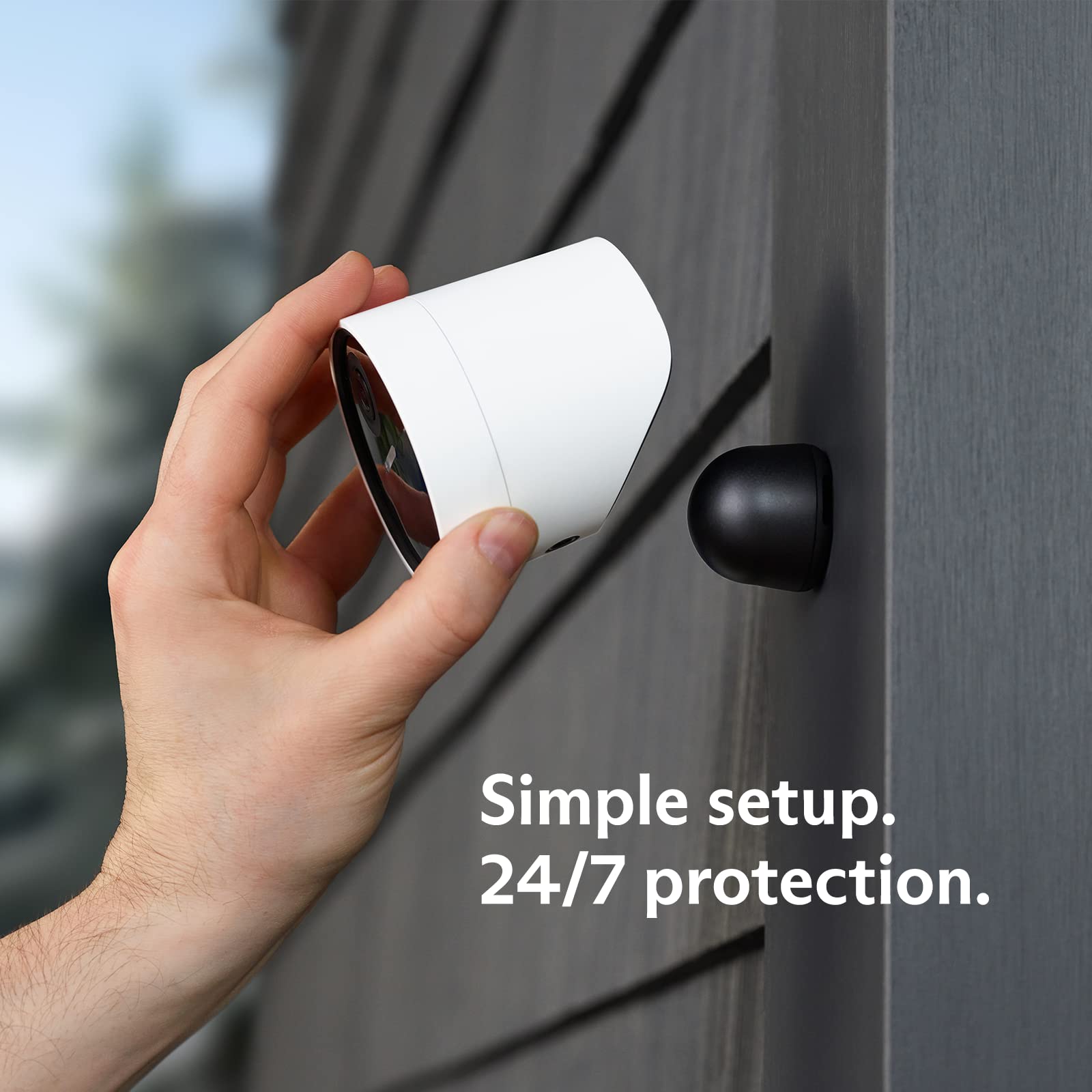
There are many home security systems available that don't require credit checks. These systems offer a wide variety of features. It doesn't matter if you're searching for an alarm with cellular back-up, one that lets Alexa or Google Home manage your appliances or a water leak prevention system.
A abode
abode is the leader in non-contract home surveillance. You can use your WiFI at home to control your system, and you can save video clips onto their cloud. For $8 a month, it offers cellular backup that will monitor your home even if there is an outage. Professional monitoring is available for terms of up to three days.
Cove
Cove systems, another relatively new entry to the market offer a lot of features and customizations. This is a bit niche, but it offers 24/7 professional monitoring, easy DIY installation and a lot of customization.

SimpliSafe
SimpliSafe's home security system experts offer a risk-free 60-day trial as well as money-back guarantees. They even pay return shipping when you're dissatisfied with their equipment or service.
It is a good choice for those who are not sure about their decision. They have a number of different packages that range from $229 to $499, and their indoor cameras come with motion detectors already included. The company also offers environmental sensors such as smoke, water, and carbon monoxide detectors if that's what you want.
Fort Knox
Fort Knox offers a 30-day installation guarantee, a money-back policy and UL certification. The Xfinity mobile app allows you to monitor your home remotely and manage the Fort Knox system.
Ring
It's not a surprise that Ring is the top choice for people who want an alarm system with cellular backup. Ring's starter kit comes with a keypad, base station and wireless entry sensors. Ring's base stations can be upgraded to various camera types including IP cameras and doorbells. They are also compatible to other Z-Wave/Zigbee devices, such a lights, automated sockets, smart glass break and smoke sensors, as well as automated plugs.

No credit check security cameras
Most people are concerned about the security of their home, particularly with the increase in burglaries. If you have a bad credit rating, finding a system which meets your needs without being too expensive can be difficult.
A little research will help you find a good home security no credit check system that is both affordable and can be customized for your specific needs. You can do this by reading reviews and comparing prices of different models.
ABODEE
Designed with your budget in mind, the abode no-contract security system allows you to choose from a range of packages and upgrade as you need. You can also use the free self-monitoring service to view your live feeds whenever you like.
FAQ
Do I really require a home security system?
Home security systems are essential if you have a home. You don't have to be worried about a burglar breaking into your home. They'll steal everything, even valuable electronics. And if you leave your doors unlocked, they could just walk away with everything.
Your home is protected by a home security system that alerts you to any potential dangers. This includes the detection of motion and sending alerts to your smartphone. You can also record activity and view the recorded footage.
A DIY camera is a great alternative to a full-blown home security system. These devices let you see who's at the front door and send you notifications when they enter or exit. These devices won't prevent intruders from breaking into the home.
What is the difference of surveillance and security camera?
Security cameras are used to protect, while surveillance cameras are used to monitor.
Both cameras have their pros and cons. The main difference between them is the type of images they capture. Surveillance cameras record video in slow motion, so you can watch what's happening in real time. Security cameras however, record video but not still photos. These images can be viewed later.
Which home alarm system features are the best?
Ring Video Doorbell Pro offers the most features of all home security systems that we tested. You can see who is at your door and talk to them via your phone. You can also record videos. You can also save recordings to the cloud with this free service.
What is the best security system?
The value of your home and possessions will determine the best security system. An inexpensive alarm system that doesn't offer much protection can be chosen. You can also get a more sophisticated one that offers remote monitoring, video surveillance and access control.
Statistics
- That's probably why Cove has a whopping 98%* customer retention rate. (safewise.com)
- Depending on your insurance, 24/7 professional monitoring may qualify you for as much as 15% off your premium. (safewise.com)
- Depending on your insurance, 24/7 professional monitoring may qualify you for as much as 15% off your premium. (safewise.com)
- Unlike other online safety services that charge up to 100 percent of your monthly fee, Cove charges no upfront fees and has no hidden costs.
External Links
How To
How to Install a Home Security System
A home security alarm is a device that monitors the property and alerts you in case of any suspicious activity. It could be a motion detector, doorbell camera or smoke detector. A home security package usually includes one or more sensors (e.g. a motion detector), which send signals whenever they detect sound or movement. The signals are then sent out to a control board where they can monitored and recorded. If there's a problem such as someone breaking into your house or other suspicious activity, the control panel sends an alert via your phone, tablet computer, voice assistant, or computer. You will be notified immediately and you can take immediate action.
First, you must choose the right type sensors for your home to install a home security system. There are two main types: passive and active sensors. Passive sensors aren't powered by batteries. They just detect sounds and vibrations in their environment. These sensors include sirens, buzzers, and doorbells. Active sensors use electricity to transmit data. Examples of such sensors include cameras and motion sensor.
There are many types of sensors on the market today. Each brand has its advantages and disadvantages. Some sensors are waterproof, others are not. Some of them have built in speakers so that you can still hear them from outside. Some only work indoors. Some of these are very basic, while others have advanced features such night vision.
After selecting the right sensors for your property and deciding on a manufacturer, you will want to make a selection. This will help ensure that your sensors work well together. There should be many options at your local hardware store.
After choosing a brand of sensors to use, you can decide how many to purchase. Most people start with one or two sensors, depending on whether they live alone or with family members. If you have plans to purchase additional sensors in the future, it might be worth buying more than you currently need.
Next, decide where you want the sensors to go. Are you looking for them to be near doors or windows? Or are you happy to keep them hidden? Before you place them on your property, make sure that you have permission. You should also ensure that they don't interfere with electrical outlets or other property features.
Now that you know the exact location of your sensors you will need a connection to your control board. Depending on your setup, you may need to purchase a power adapter or battery pack. Once everything is setup, you will be able to monitor your property.